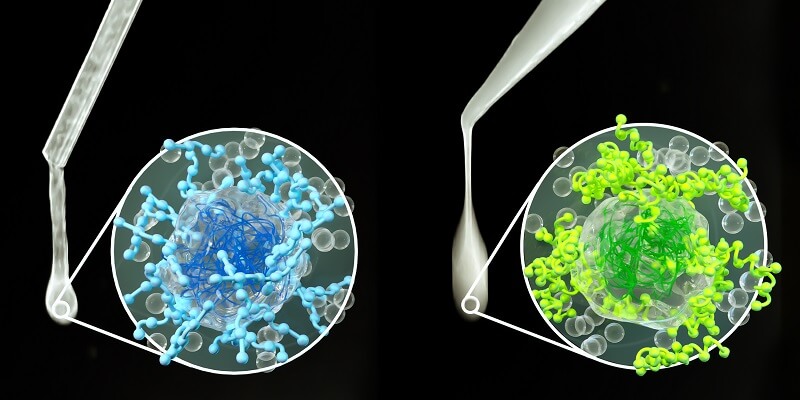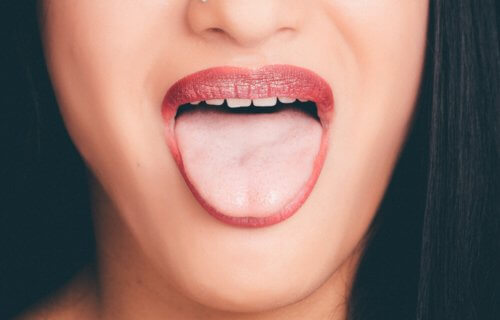LEEDS, United Kingdom — If you live with persistent dry mouth and current treatment options fail to bring relief, new research out of the United Kingdom may finally offer some relief. Across a series of lab tests, a new novel aqueous lubricant technology designed to help those suffering from dry mouth appears to be four to five times more effective than existing commercially available products.
All in all, researchers at the University of Leeds say the new proof of concept for the material may one day lead to long-lasting relief from dry mouth (xerostomia). A dry mouth can be a byproduct of numerous conditions, including dehydration, nerve damage, side-effects of taking medications, or certain diseases, just to name a few. In certain cases, a dry mouth can even result in discomfort swallowing and malnutrition or dental problems, all of which are known to increase the burden on healthcare systems.
Now, this latest saliva substitute is being described as comparable to natural saliva due to the way it hydrates one’s mouth and serves as a lubricant while food is being chewed.
When viewed under a powerful microscope, the molecules in the substance (called microgel) look like a lattice-like network or sponge that binds onto the surface of the mouth. Surrounding the microgel, meanwhile, is a polysaccharide-based hydrogel that traps water. This dual function goes a long way toward keeping the mouth feeling hydrated for longer periods.
“Our laboratory benchmarking reveals that this substance will have a longer-lasting effect,” says Professor Anwesha Sarkar, who led the development of the saliva substitute, in a media release. “The problem with many of the existing commercial products is they are only effective for short periods because they do not bind to the surface of the mouth, with people having to frequently reapply the substance, sometimes while they are talking or as they eat.”
“That affects people’s quality of life,” she adds.

In comparison to existing products available for dry mouth, the newly developed substance appears so much more effective thanks to a process called adsorption, which is defined as the capacity of a molecule to bind to something, in this case, the surface of the inside of the mouth.
The novel microgel comes in two distinct forms. One is made with a dairy protein, while the other is a vegan version that uses a potato protein. The new substance was even compared against eight commercially available saliva substitutes including Boots-owned products Biotene, Oralieve, Saliveze, and Glandosane. To be clear, however, all comparisons were performed in a lab setting on an artificial tongue-like surface and did not involve human participants whatsoever.
Those tests revealed the Leeds product shows a lower level of desorption, or the opposite of adsorption, which refers to how much lubricant is lost from the surface of the synthetic tongue. The commercially available products saw between 23 and 58 percent of the lubricant lost. For the new saliva substitute developed at Leeds, the figure was just seven percent! Also, the dairy version slightly outperformed the vegan version.
“The test results provide a robust proof of concept that that our material is likely to be more effective under real-world conditions and could offer relief up to five times longer than the existing products,” explains Dr. Olivia Pabois, a Research Fellow at Leeds and first author in the paper.
“The results of the benchmarking show favorable results in three key area. Our microgel provides high moisturization, it binds strongly with the surfaces of the mouth and is an effective lubricant, making it more comfortable for people to eat and talk.”

